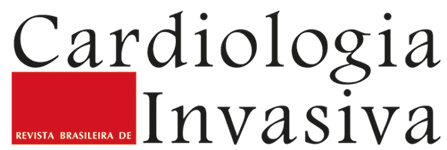BACKGROUND: Unfractionated heparin (UFH) is the classic anticoagulant therapy used during percutaneous intervention (PCI) to prevent acute thrombotic events. Preliminary studies with low molecular weight heparin have demonstrated the safety and efficacy of this alternative regimen during PCI. Our objective was to evaluate in-hospital and long-term safety and efficacy of enoxaparin (ENO) compared to UFH in patients (P) undergoing elective PCI. METHODS: From 10/2004-11/2004, 57 P treated with ENO 0.75 mg/kg IV (G2) were enrolled and compared to a control group of 143 consecutive P treated with UFH 100 IU/kg IV (G1) during the preceding 3 months. All P received a bare-metal stent and were pre-treated with ASA + ticlopidine. We analyzed the in-hospital vascular and bleeding complications as well as in-hospital and long-term composite clinical outcome of death, myocardial infarction (MI), stroke or target-vessel revascularization (TVR). Anti-Xa levels were measured in G2-ENO at the beginning (10 minutes after IV bolus) and at the end of PCI. RESULTS: The mean age was 59.8 ± 9.8 years, 30% were diabetics, and clinical and angiographic characteristics were similar in both groups. Procedure success ocurred in 100% without in-hospital major bleedings nor vascular complications in both groups; a non-significant increase in minor bleedings in G2-ENO (p = 0.15) was observed and CKMB > 3x occurred in 2 P in G2-ENO (p = 0.25); no death, stroke, or urgent TVR was observed. The anti-Xa levels in G2-ENO were within the ideal range: 1.21 ± 0.23 UI/ml (0.73-1.68 UI/ml) 10 minutes after bolus and 1.04 ± 0.23 UI/ml (0.56-1.61 UI/ml) at the end of PCI. At 3-year follow-up 24% of G1-UFH and 31.5% of G2-ENO presented death, MI, stroke or TVR (p = 0.12). CONCLUSIONS: The use of IV ENO in elective PCI was shown to be as safe and effective as UFH both in-hospital and at late follow-up. Anticoagulant levels of ENO were quickly obtained and remained stable throughout the PCI.
Stents; Enoxaparin; Heparin; Anticoagulants; Factor Xa





